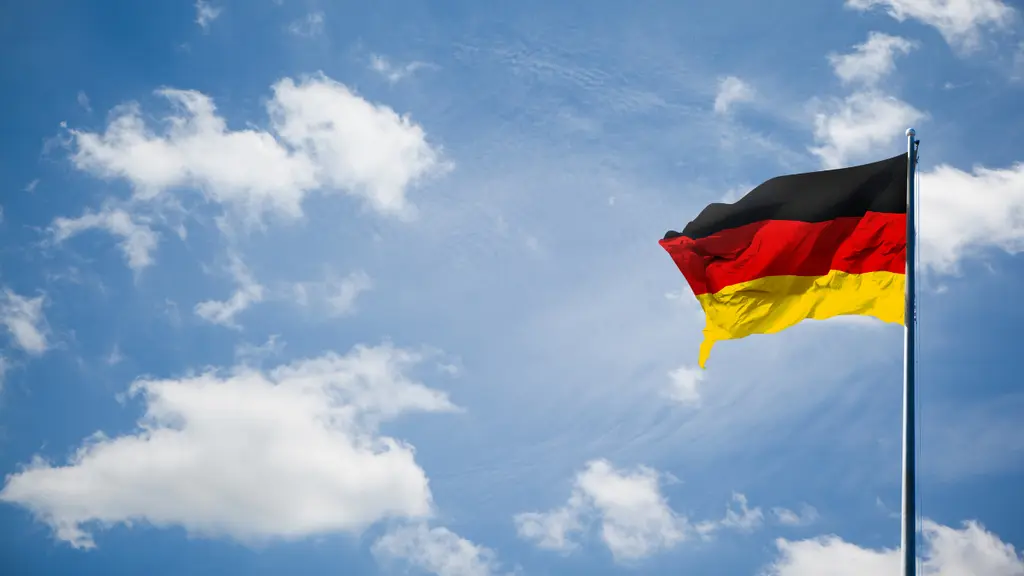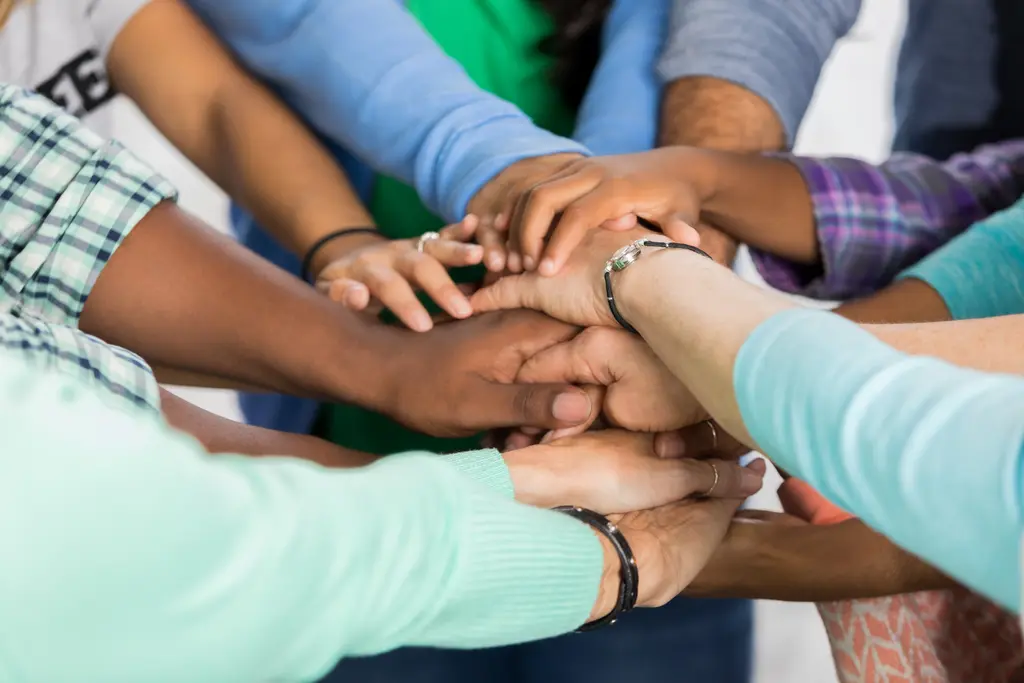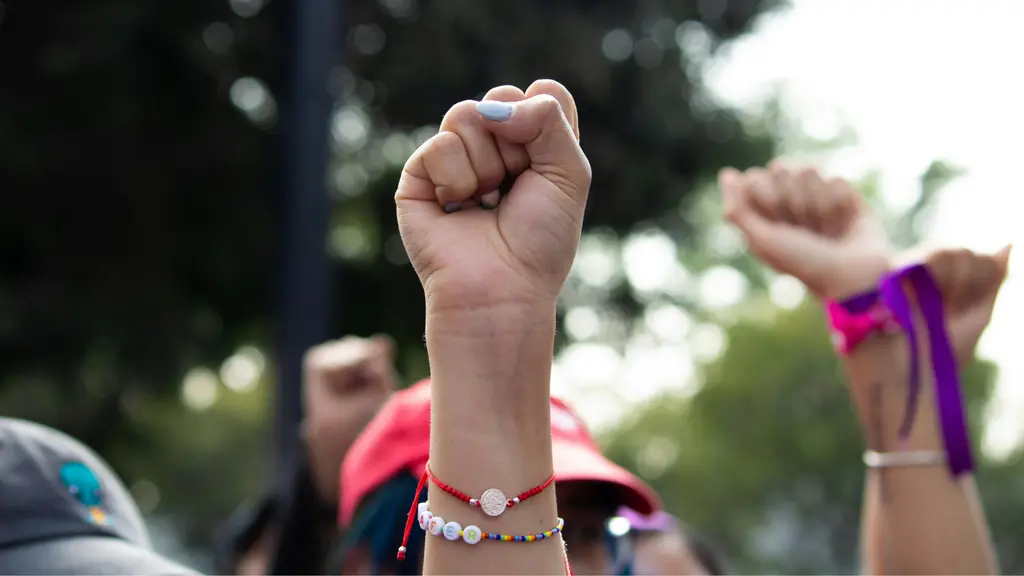Sensitive content
This site contains sensitive content that includes references to sexual violence.

Germany is the second best performer among G7 countries, but has still made only limited progress on ending childhood sexual violence at home and around the world.
Germany scores exceptionally well on financial indicators, exceeding the 0.7% target for Official Development Assistance with 0.82% of GNI in 2023 (1), while contributing a comparatively high amount to UNICEF (USD 10.93 per capita) (2). However, the 2025 federal budget saw a 23% reduction to development funding, putting progress at risk (3).
Germany has made partial progress on abolishing criminal statutes of limitations in relation to childhood sexual violence, but more legal reforms are required (4). As an EU member state, Germany must champion the approval of the recast Directive 2011/93/EU, which would mandate a strong minimum statute of limitations for childhood sexual violence offences in all EU countries.
Germany has some protections in place to foster a safe internet, but they are inadequate. According to Internet Watch Foundation (IWF) data, 12,984 URLs displaying child sexual abuse imagery were hosted in Germany in 2023 (5). As an EU member state, Germany must champion an EU Regulation on Child Sexual Abuse which would mandate detection and removal of all forms of childhood sexual violence across all online platforms.
Germany demonstrates exemplary leadership with its government-supported National Survivors Council. In March 2025, significant legal reforms made the Independent Commissioner, the Survivors Council, and the Independent Inquiry statutory bodies (6).
While Germany has previously developed a National Action Plan to tackle childhood sexual violence, implementation varies across states and municipalities (7). The United Nations Special Rapporteur has called for Germany to establish a comprehensive national child protection strategy with an oversight mechanism to harmonise approaches across the country (8).


Survivors have firsthand experience and insights into the complexities, challenges, and needs of those who have suffered from childhood sexual violence. Through the creation of National Survivor Councils (NSCs), governments are better equipped to effectively address violence against children, especially childhood sexual violence, while ensuring that survivors play a central role in all such efforts. These councils don’t just give feedback; they help shape the actual policies that impact how we prevent and respond to childhood sexual violence. Having a council of survivors of child sexual violence substantively included in policy-making processes guarantees that the voices, perspectives, and expertise of those directly affected are heard, valued, and integrated into resulting policies and decisions. By actively involving survivors, governments can develop more informed, empathetic, and effective responses to the fight against child sexual violence. The Independent Commissioner for Child Sexual Abuse Issues was established by the German Government in 2010 as a political hub for survivors, practitioners, researchers, and lawmakers working on child protection. The first Survivor Council at the Commissioner’s Office was formed in March 2015 to ensure that survivors' experiences and expertise are heard at the highest political level and engaged in policy-making processes related to childhood sexual violence in the country. In 2025, the Bundestag and the Bundesrat, the two German parliamentary chambers, both passed a law making the Independent Commissioner, the Independent Inquiry and the German Survivor Council statutory, making sexual violence against children and adolescents something that cannot be ignored in the political sphere anymore. For instance, under the current three-party coalition between the Christian Democratic Union (CDU), the Christian Social Union (CSU) and the Social Democratic Party (SPD), the council had input into the continuation of the Child Sexual Abuse Fund (Fonds Sexueller Missbrauch) – a low-threshold support system for survivors of intrafamilial child sexual abuse – along with the Supplementary Aid System (Ergänzende Hilfesystem) – a support system for survivors of institutional child sexual abuse. The Council aims to ensure childhood sexual violence programs and funding address survivors' needs by fostering collaboration between survivors, community organizations, and the government. The G7, which will take place in Canada in June 2025, is uniquely positioned to accelerate the global adoption of National Survivor Councils, setting international standards for survivor-centered approaches to ending childhood sexual violence.
April 24, 2025
|
Three countries, three big wins in the last seven days in the fight to end violence against children.
May 20, 2025
|
